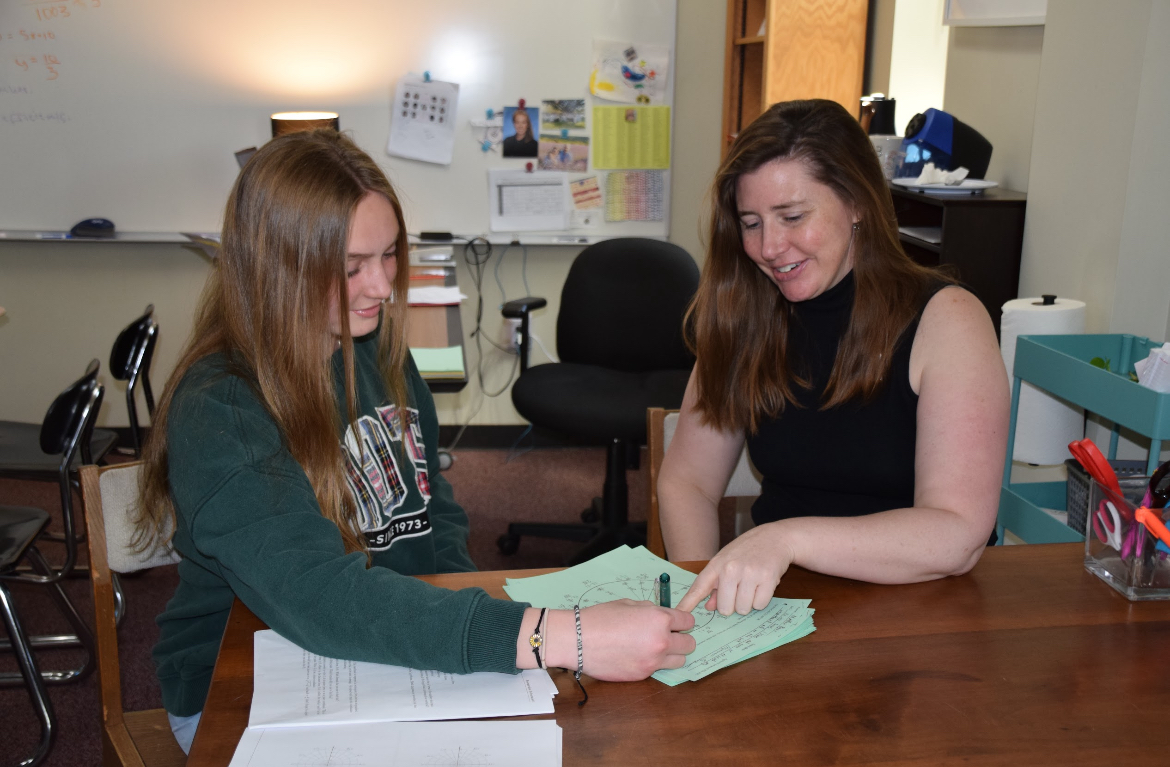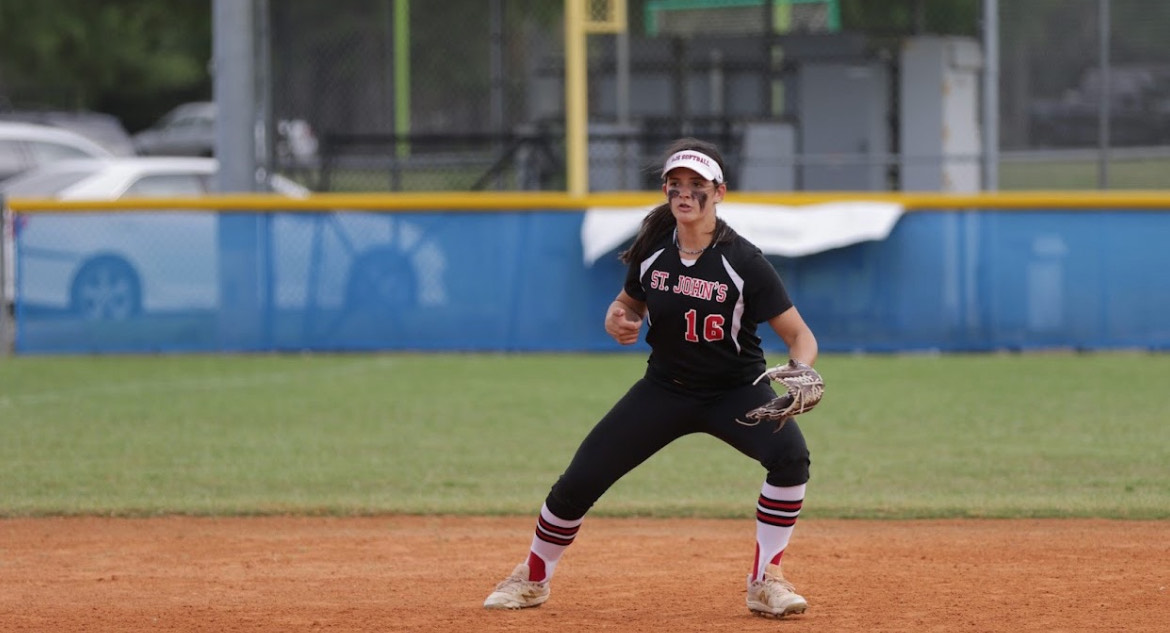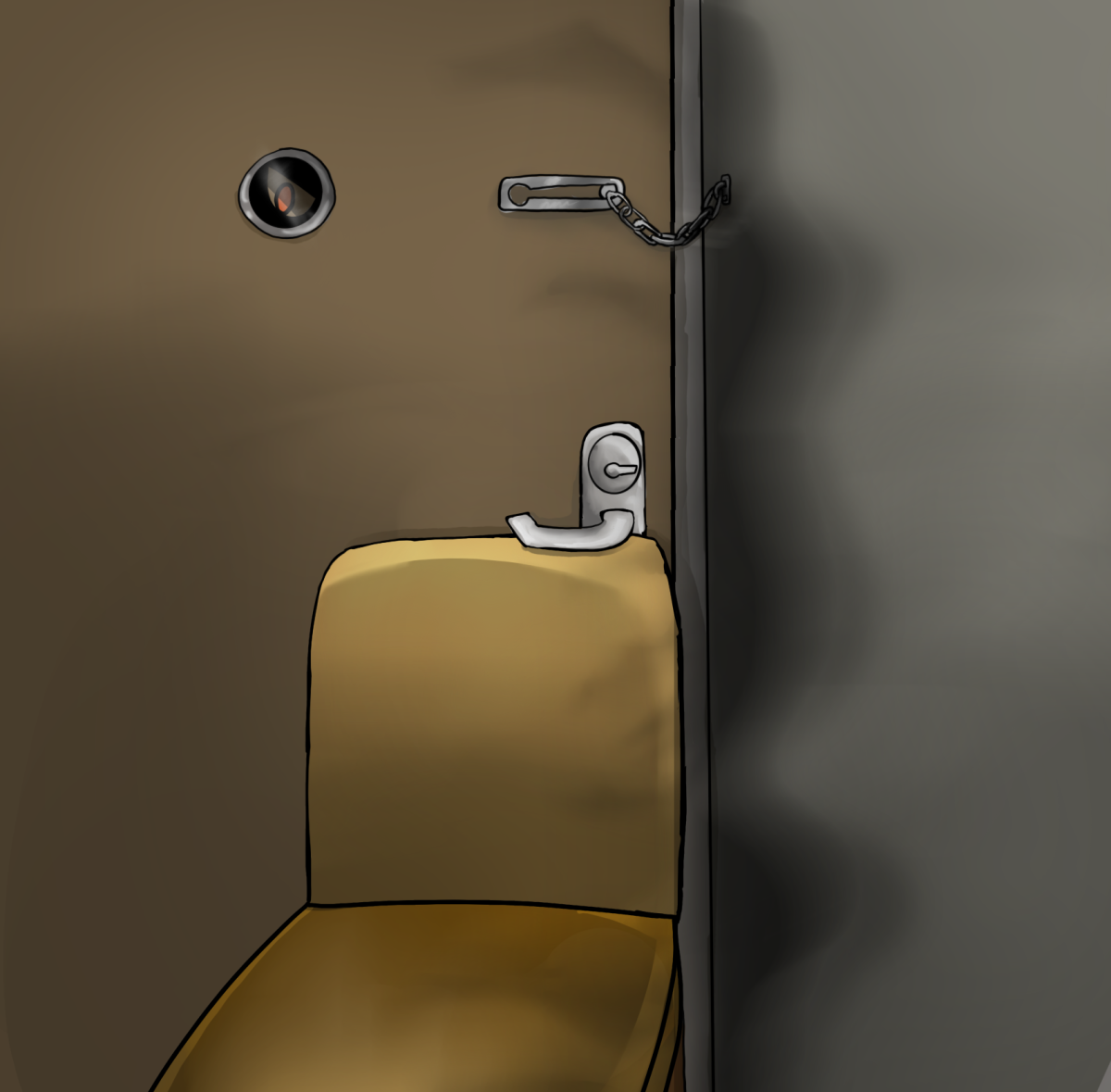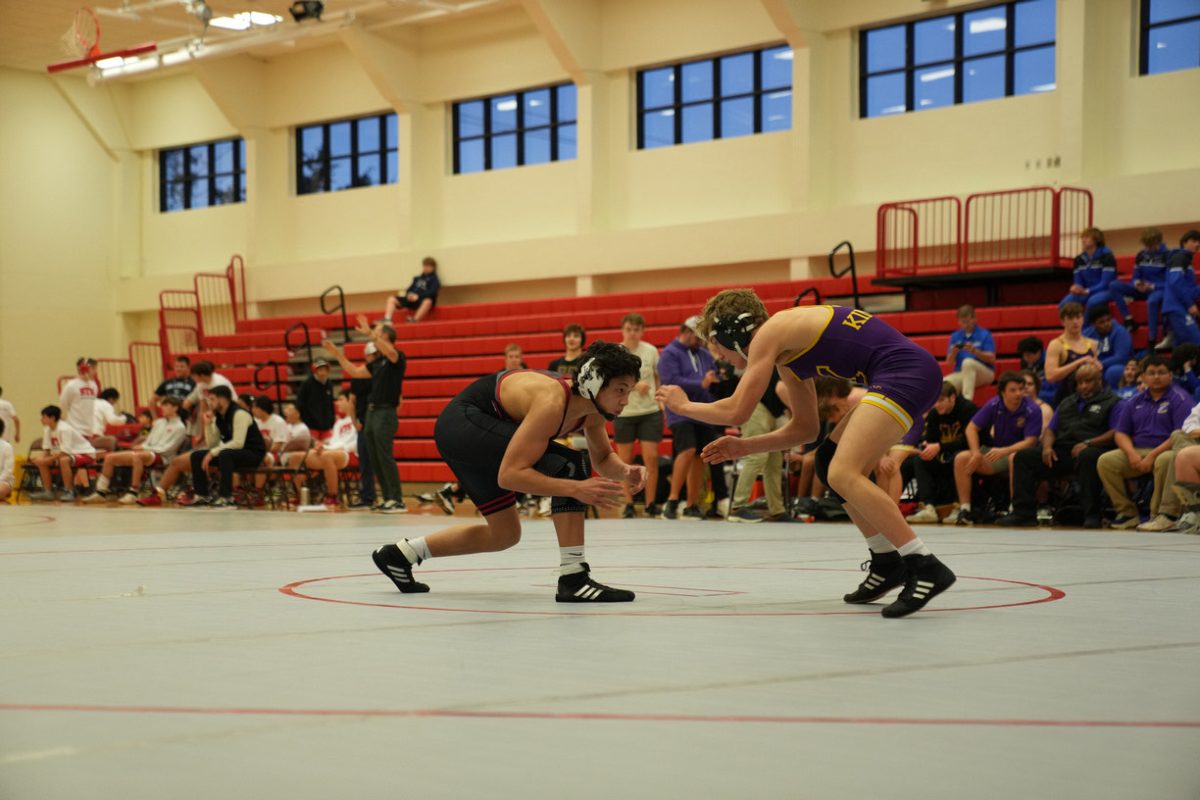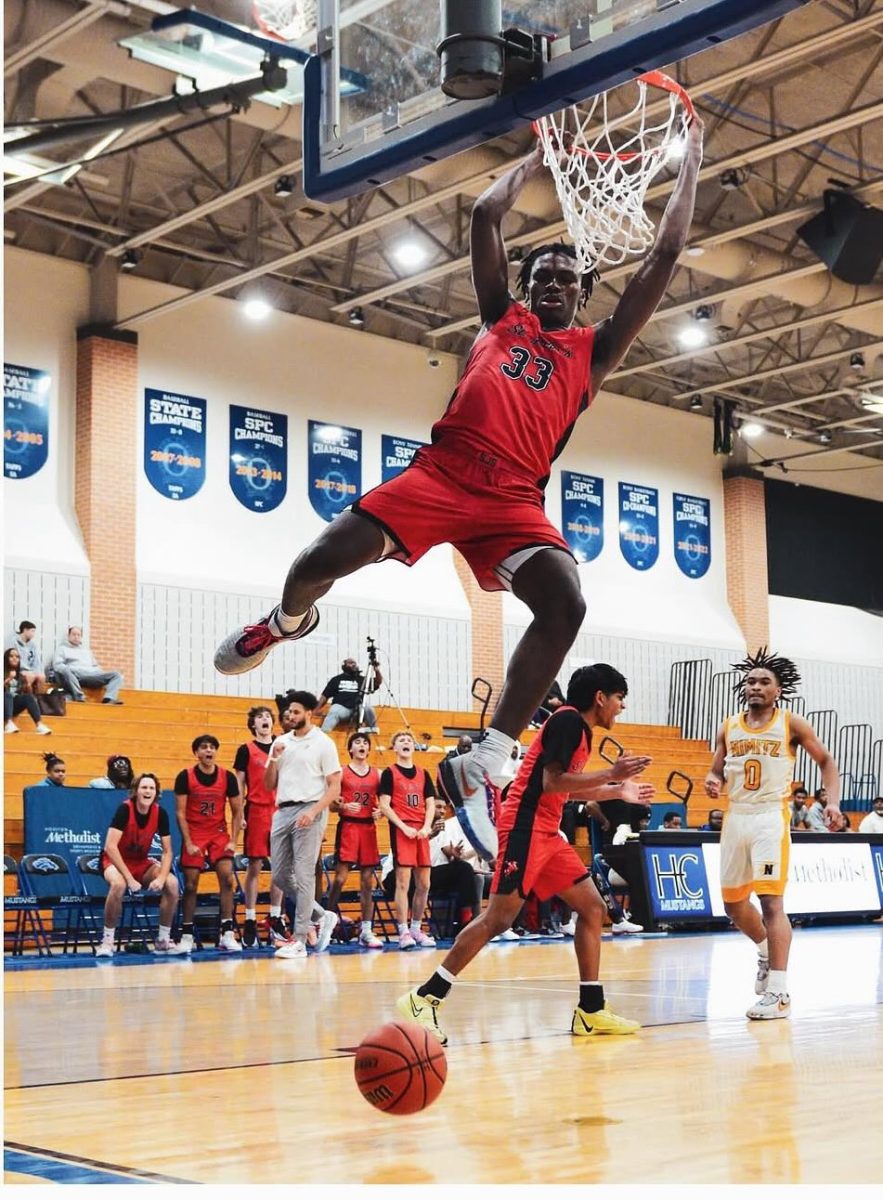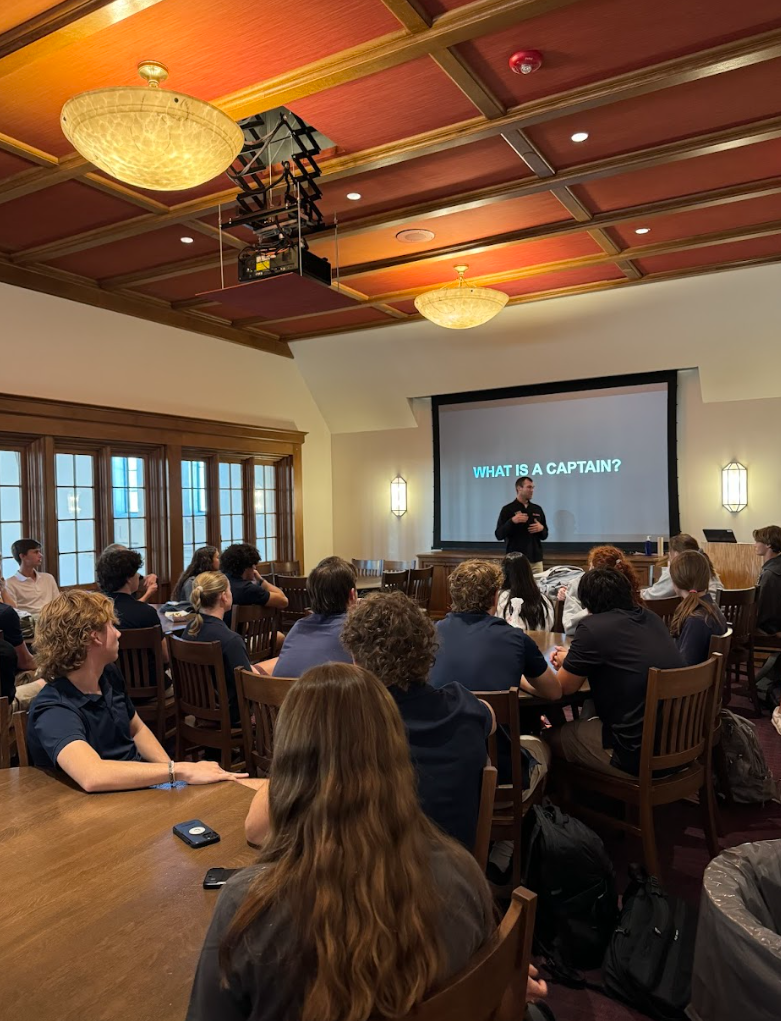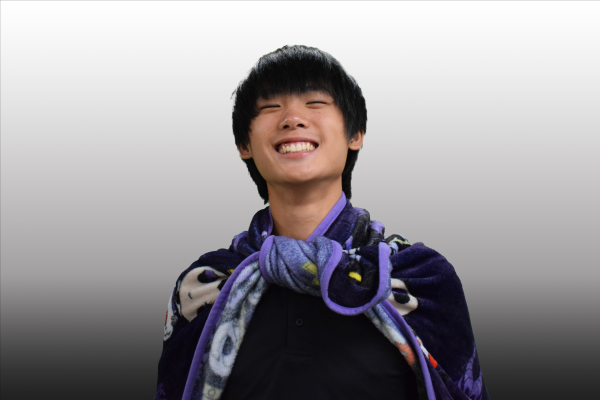Brian Kim
When four-year-old Brian Kim envisioned his future athletic career, he saw himself scoring touchdowns at Skip Lee field or shooting hoops on Liu Court. Now, as a freshman, Kim spends five days a week in a spotless, white uniform wielding a sharp foil against his opponents at his fencing club.
In the United States, over 26 million people play basketball and five million people play football. Yet there are many neglected sports on both the local and national scale.
Growing up, Kim played basketball and soccer, but he never felt connected with these mainstream sports. In second grade, his grandmother introduced him to a summer program at Space City Fencing Academy. Kim was particularly drawn to fencing’s strategic nature and enjoyed the creative opportunities it offers. He also loved the combination of both physical and mental challenges that fencing uniquely offered.
“I wake up every day anticipating to find a new strategy to counter my opponent’s moves,” Kim said. “The feeling of winning a match always feels new.”
Kim practices five times a week after school. At the beginning of each week, he always makes time to reflect on his games and tactics. Despite his time and dedication, Kim still has difficulty attending fencing tournaments due to the taxing traveling schedule required to stay competitive.
“Tournaments are held by USA Fencing and the locations of the tournaments always change,” Kim said. “You have to go everywhere.”
Although Upper School has a student-led fencing club, Kim believes that there is not much the School can do to recognize fencing because so few students participate in the sport.
“The sport costs lots of money to buy all the equipment,” Kim said. “Fencing could become more popular if fencing gyms were accessible and abundant, but that’s not the case.”
Kim believes that the Olympics, however, are a great opportunity to popularize the sport.
“It’s cool to see fencing in the Olympics because the Olympics are a big deal, so hopefully they can bring a lot of attention to fencing and other small sports,” Kim said.
Olivia Titus
Olivia Titus began rock climbing four years ago at age 11. Growing up, team sports never clicked with Titus, but she was attracted to the individuality of rock climbing. The now-freshman picked up weightlifting to increase her strength for rock climbing. This year, Titus also began discus because she enjoyed participating in track and field events.
“I began to throw in my seventh grade year at St. John’s,” Titus said. “I wanted to play a sport that had a strength aspect to it, and not just conditioning.”
An avid weightlifter, Titus now benches 175 lbs, squats 205 lbs and deadlifts 305 lbs. Regardless of her feats, people often underestimate her weightlifting abilities.
“A lot of people lift, but not many girls actually lift weights,” Titus said. “It’s frustrating when people assume that I’m weak or not committed to weightlifting.”
Yet generalizations are not the only struggles she faces. Titus trains at two different locations for Momentum Climbing Gym—one that is thirty minutes away from home, and another that is an hour away. Meanwhile, she only has to walk a few feet to train for discus at school. Like Kim, Titus also noticed that most climbing tournaments were in cities hours away, while track and field events were located mostly within the Greater Houston Area.
“I have to drive four hours just for the local climbing competitions,” Titus said. “The national tournaments are always out-of-state, located in Missouri or something.”
With rock climbing’s Olympic debut in the 2020 Tokyo Olympics, Titus has noticed that the sport is becoming more mainstream.
“Recently, I’ve noticed that new gyms are popping up everywhere,” Titus said. “Hopefully more people can pursue climbing as a career.”
Nathan Segal
Enamored with the idea of skipping the ball, freshman Nathan Segal began to play water polo in fourth grade. Although he enjoyed his current schedule of lacrosse and wrestling, Segal knew that the sport would offer him a unique skill set.
With only half a million registered polo players worldwide, oftentimes Segal feels that water polo is not only overlooked but also misunderstood. It “doesn’t get the recognition it deserves,” he said. Segal believes that making a water polo club at St. John’s could help earn the sport recognition within the School.
Segal plays in the Rebels Water Polo Club, which is run by Colette Franz, a professional athlete playing for the Viper Pigeon Battle Axes USA water polo team. Segal practices for two hours after school twice a week. He finds that water polo differs from wrestling and lacrosse as there are fewer practices and tournaments, but the schedule still proves demanding. travels frequently and competes in water polo tournaments.
“The tournaments are usually hosted around Dallas and Austin, and it’s in a really weird area in a random setting,” Segal said. “The lacrosse tournaments are much closer.”







